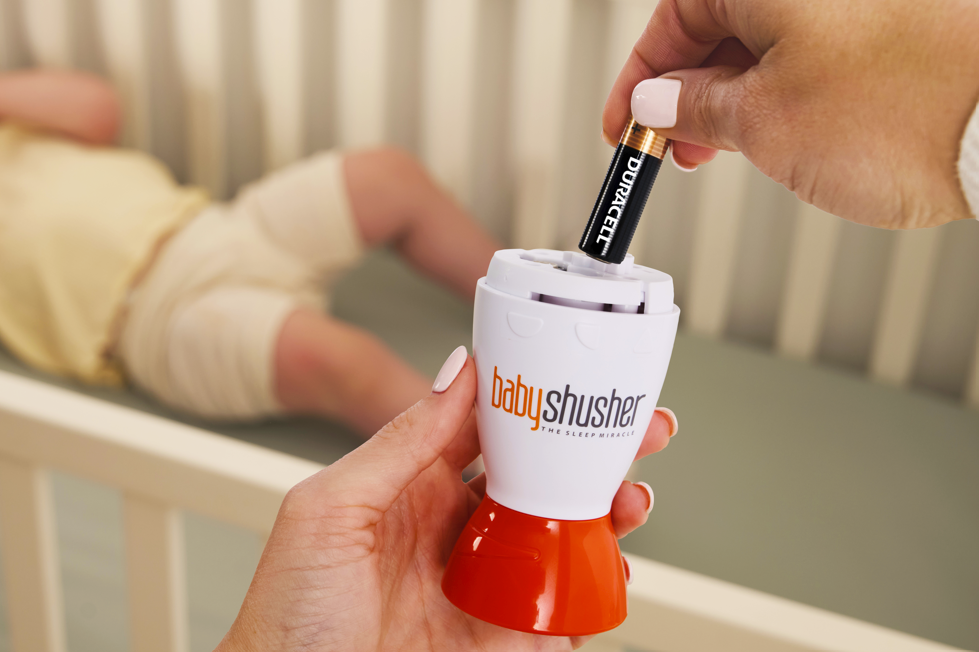This blog post is brought to you by Taylor Jefferson, a certified birth and postpartum doula and certified childbirth educator with years of experience supporting expectant and new mothers through their pregnancy journey. In this post, she shares her professional insights and practical tips to help you understand postpartum mood changes.
Hi Mama, I know you're busy preparing for your baby’s arrival, and there’s so much to focus on. But I want to talk to you about something just as important as your birth plan: how you might feel emotionally after your baby is born.
We often hear about the joy of bringing your baby home, but not enough people talk about how emotional the postpartum period can be. After birth, your body goes through a major hormonal shift. During pregnancy, hormones like estrogen and progesterone are high to support your baby. After delivery, they drop quickly, which can make you feel like you’re on an emotional rollercoaster. You might feel like crying for no reason—and that’s totally normal.
There’s also oxytocin, the "love hormone" that helps with bonding. It rises and falls, especially when breastfeeding, and while it helps with connection, it can also leave you feeling drained. It’s okay if you don’t feel like yourself right away—your body is adjusting.
For many new moms, this is called the "baby blues." You might feel weepy, anxious, or irritable without knowing why. These feelings usually start a few days after birth and fade within two weeks. If they don’t, or if they feel heavier, it could be postpartum depression. Postpartum depression is more serious and can leave you feeling disconnected or hopeless. The good news? It’s treatable, and with support, you’ll start feeling more like yourself again.
What’s the difference between baby blues and postpartum depression?
- Baby blues typically last for two weeks or less and are milder.
- Postpartum depression can last longer and feels more intense, making it hard to bond with your baby or find joy.
If you’re feeling sad, overwhelmed, or unable to cope after a couple of weeks, it’s important to ask for help.
Your OB-GYN, midwife, birth doula, or childbirth educator may have mentioned this already, but it’s worth repeating: your emotions after birth matter. A postpartum doula is another great resource. They’re trained to recognize signs of postpartum depression and anxiety and can connect you with support.
Watch out for these signs:
- Feeling sad or crying a lot after two weeks.
- Struggling to bond with your baby.
- Constant worry or anxiety.
- Trouble sleeping, even when your baby is asleep.
- Feeling like you’re a bad mom or can’t cope.
- Thoughts of harming yourself or your baby.
If any of this sounds familiar, help is available. Postpartum depression and anxiety are temporary, and with the right support, you will get better.
Here’s where to turn for support:
- Postpartum Support International (PSI): Call their helpline at 1-800-944-4773 for support and resources.
- Local Mom Groups: Connect with moms who understand what you’re going through.
- Talk to a Professional: If these feelings persist, talk to a mental health professional who specializes in postpartum care. Your OB-GYN, midwife, or doula can refer you to someone.
Remember, asking for help doesn’t make you weak—it makes you strong. Taking care of your mental health is one of the best things you can do for yourself and your baby.
If you’re feeling overwhelmed, don’t go through this alone. You’ve got this, and brighter days are ahead.
Looking for a doula to help with your pregnancy journey? Visit Taylor at https://www.lilygracedoulacare.com/.
More about Taylor Jefferson: Hey there! I’m Taylor Jefferson, a born-and-raised Houstonian who now calls Richmond, Texas, home. I’m a certified birth & postpartum doula (DONA Intl.), a certified childbirth educator, and a spinning Babies Parent Educator. I'm an all-around advocate for mamas, specializing in providing culturally sensitive care to Black and Brown women. When I’m not supporting families through pregnancy, birth, and postpartum, you’ll probably find me crafting a charcuterie board that's almost too pretty to eat or dreaming up ways to make my home smell like a fancy hotel. Oh, and coffee? I take it very seriously—Breville espresso machine is kind of serious!

